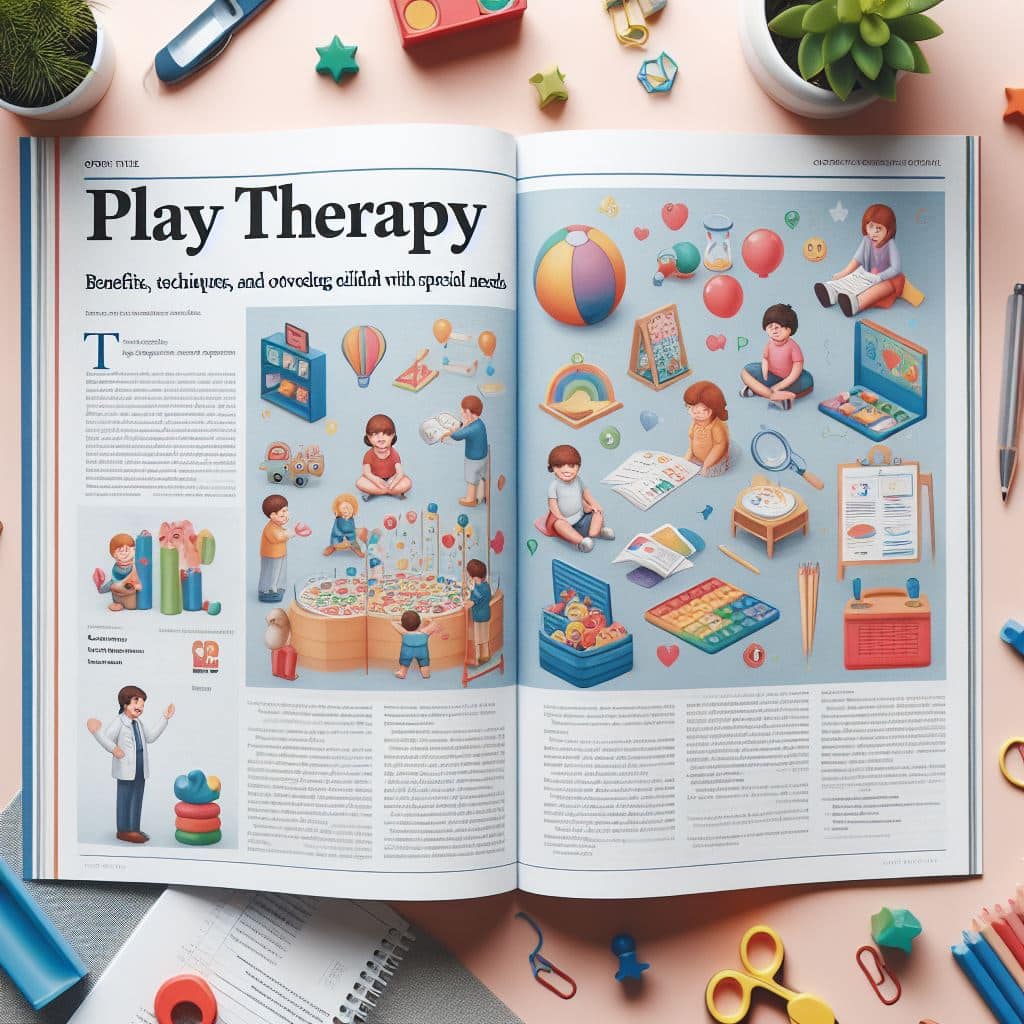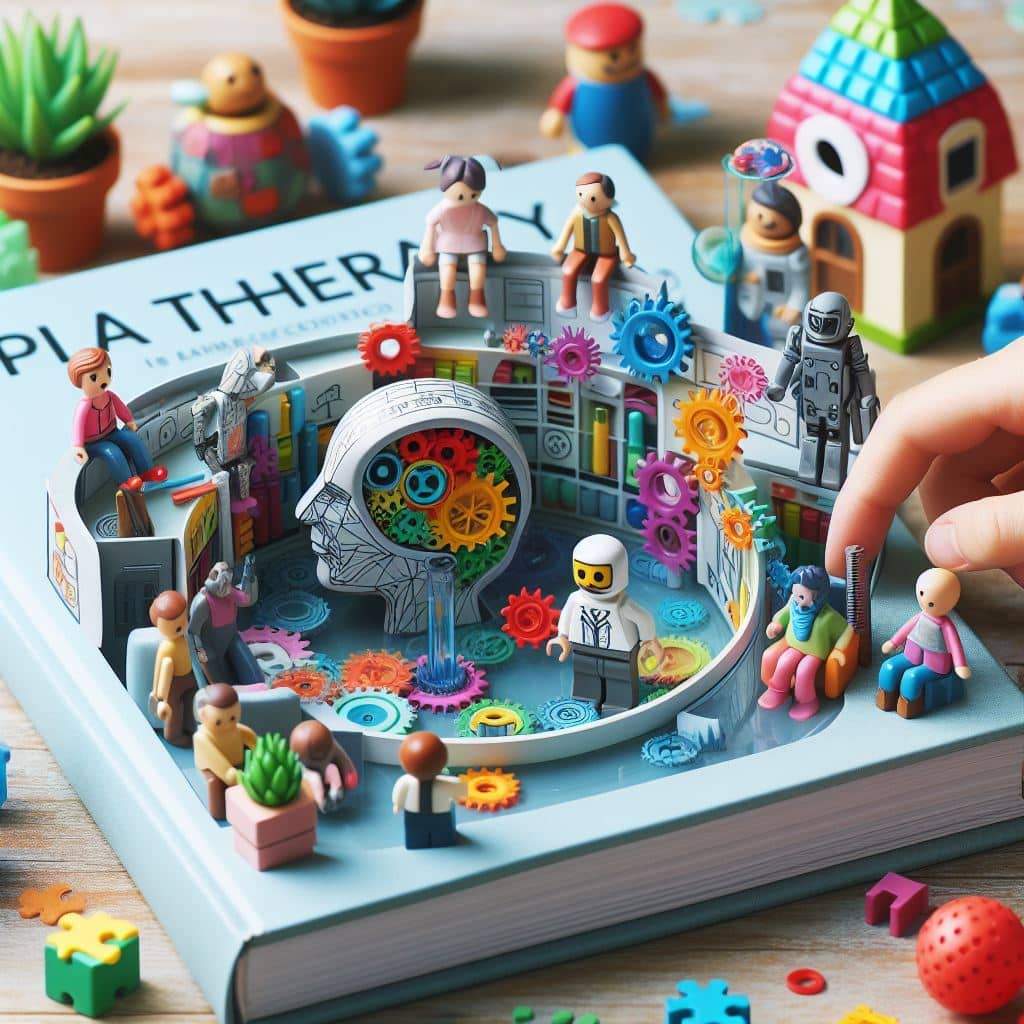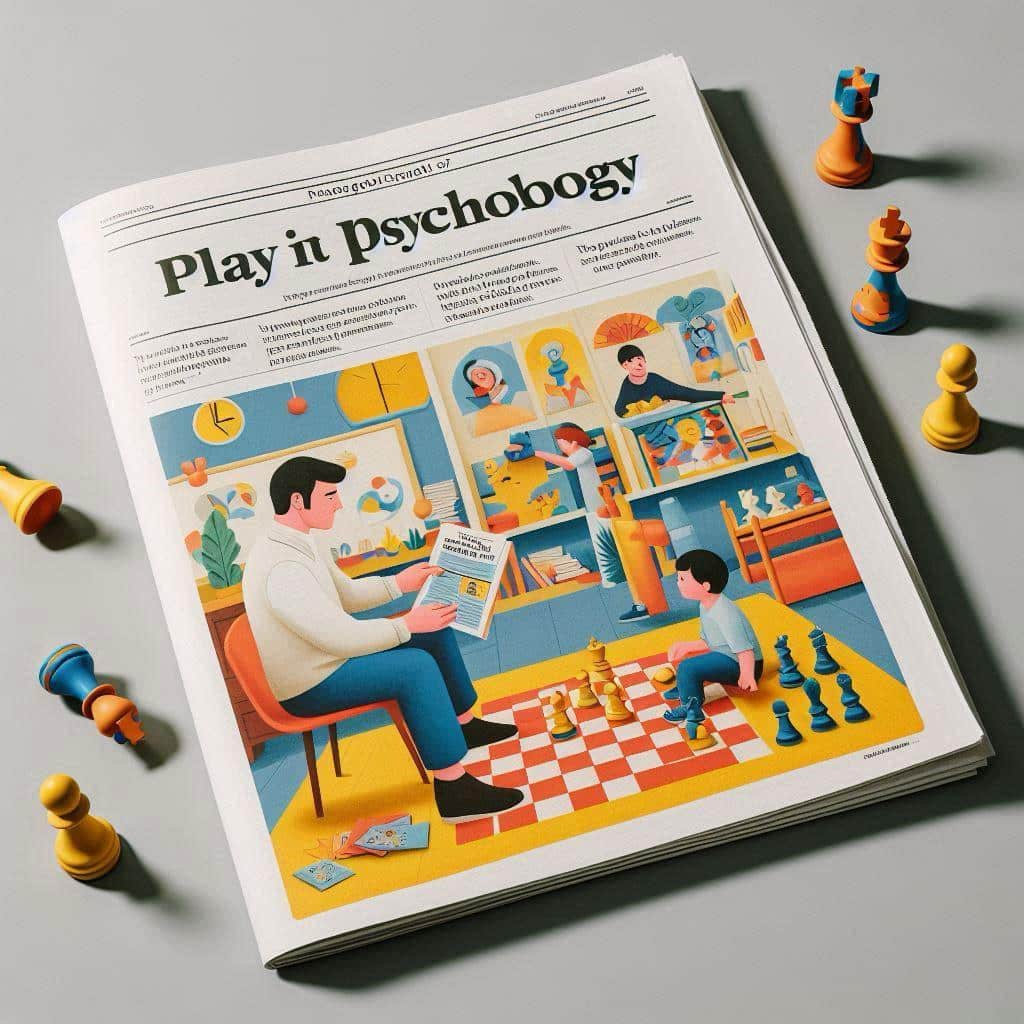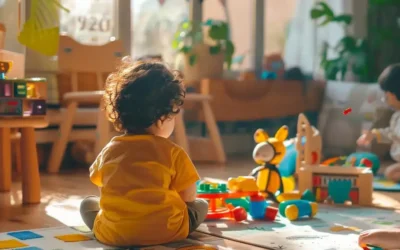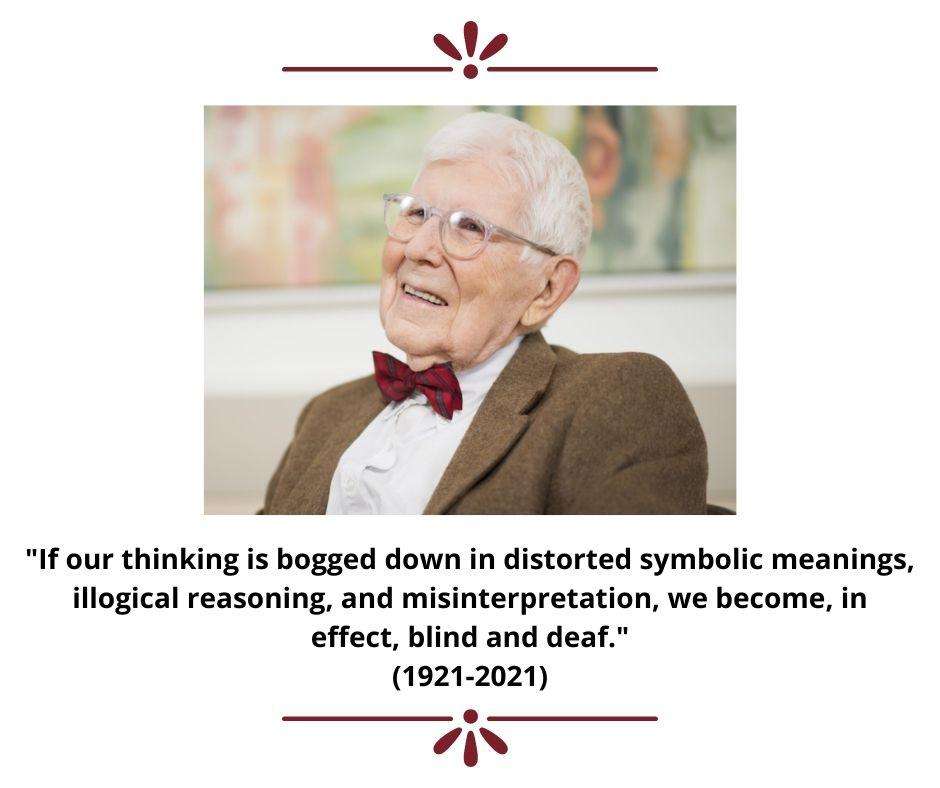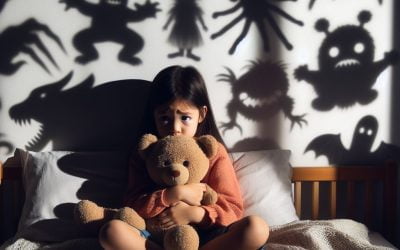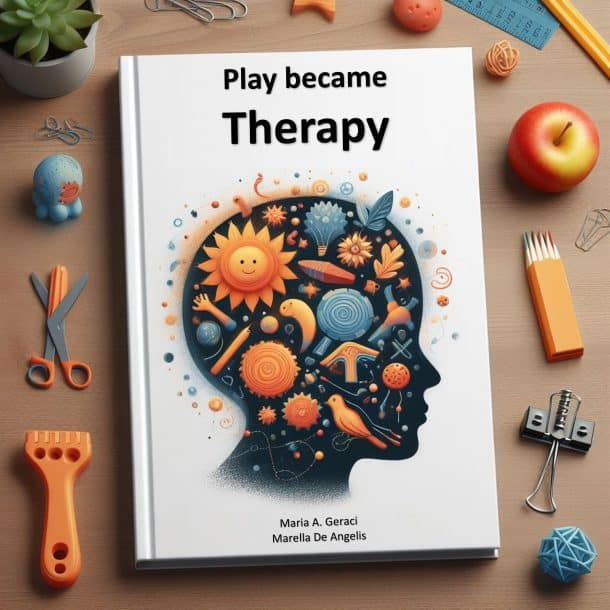PUBLICATIONS
Publications on cognitive-behavioral play therapy offer a valuable resource for anyone seeking to delve deeper into issues related to psychological health and well-being. With a wide range of articles, studies, and reports, these resources are designed to meet the needs of professionals, students, and parents interested in learning more about the dynamics of psychology and behavioral sciences.
Each publication is the result of thorough and up-to-date research, presenting information in a clear and accessible manner. Discovering the works published by CBPT means having access to high-quality content, ideal for stimulating reflection and constructive discussions in various fields.
Visit the website to explore and download resources that can enhance your understanding and promote children’s well-being!
LISTEN TO PODCAST
Cognitive Behavioral Play Therapy (CBPT) : Adapting CBT For Young Children Using PlayTherapy on the Cutting Edge by Susan M, Knell
In this episode, I speak with Susan M. Knell about how she came to develop Cognitive Behavioral Play Therapy (CBPT). She explained that she was originally trained in psychodynamic play therapy and found it helpful. Talking with and reflecting on a child’s experience was important, but she wanted to find ways to help children gain more adaptive skills to deal with their emotions and difficulties. At the time, it was thought that you could not use CBT with young children, so she used CBT techniques and ideas and incorporated them into play. Finding ways to bring CBT into play involved modeling with puppets, dolls, toys, books and other child-oriented materials. We discussed numerous case studies using CBPT with young children, as well as the research on Cognitive Behavioral Play Interventions (CBPI), currently being used with non-clinical populations. Susan shared case examples of using puppets to model various interventions, such as Systematic Desensitization and Cognitive Change strategies, and using workbook activities, like drawing the Worry Monster/Worry Bully to help anxious and fearful children. We discuss using toys, puppets, books, movies, and art with children. She also talked about her work with parents and assessing whether the presenting problems are better treated by working with just the parents or the child and parents together in different combinations.

